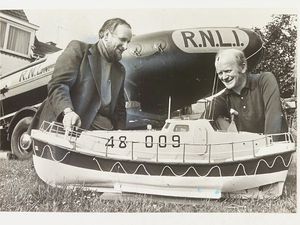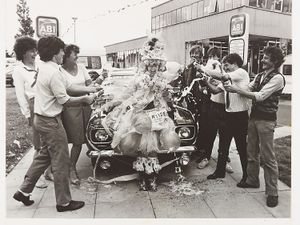Edwardian era was almost a golden age if not a bed of roses
Has the UK ever had a “golden age”? Or does the phrase find good company with King Arthur; you wish it could have been so, especially if the period occurred during your own life time.

Uncle Norbert and I have decided that the best we should hope for is to identify a “slightly tarnished bronze age.”
To this end we have picked the Edwardian era from 1901 to 1910. Although the period was no bed of roses it produced the 1906 Reforming Liberal Government which helped start the welfare state and all without the aid of flashing their white gnashers at the cameras and uttering nothing of substance; Jo Swinson please note.
The railways worked with a substantial network. Planes flew, wireless developed.
But a lot of the era’s tone was really set by the King, Edward VII. Yes dear old Eddie, despite having hung around for ever to be crowned, he really did make up for it during that nine-year reign and has left a legacy of the UK reaching a peak before the calamity of the First World War.
Off came the Victorian shackles and suddenly architecture threw off the heaviness of Victoriana to produce some wonderful buildings.
Social fashions and clothes became less fussy and more wearable. Eddie charmed the French and really made a political difference to help towards the Entente Cordiale of 1904.
But his finest achievement was to ensure there would never be a problem with the Succession for the Saxe-Coburg and Gotha’s.
Embracing the modern age, literally, he got on his bike, his train, his car and visited as many lovely ladies as he could find. Now that is devotion to duty.
Follow that Charles.
Peter Steggles, Rushbury
Send us your letters for publication:
Email us at starmail@shropshirestar.co.uk or write to: Readers’ Letters, Shropshire Star, Ketley, Telford, TF1 5HU. Letters MUST include the writer’s name, address and telephone number. Letters will only be published anonymously in exceptional circumstances. The editor reserves the right to condense or amend letters.





